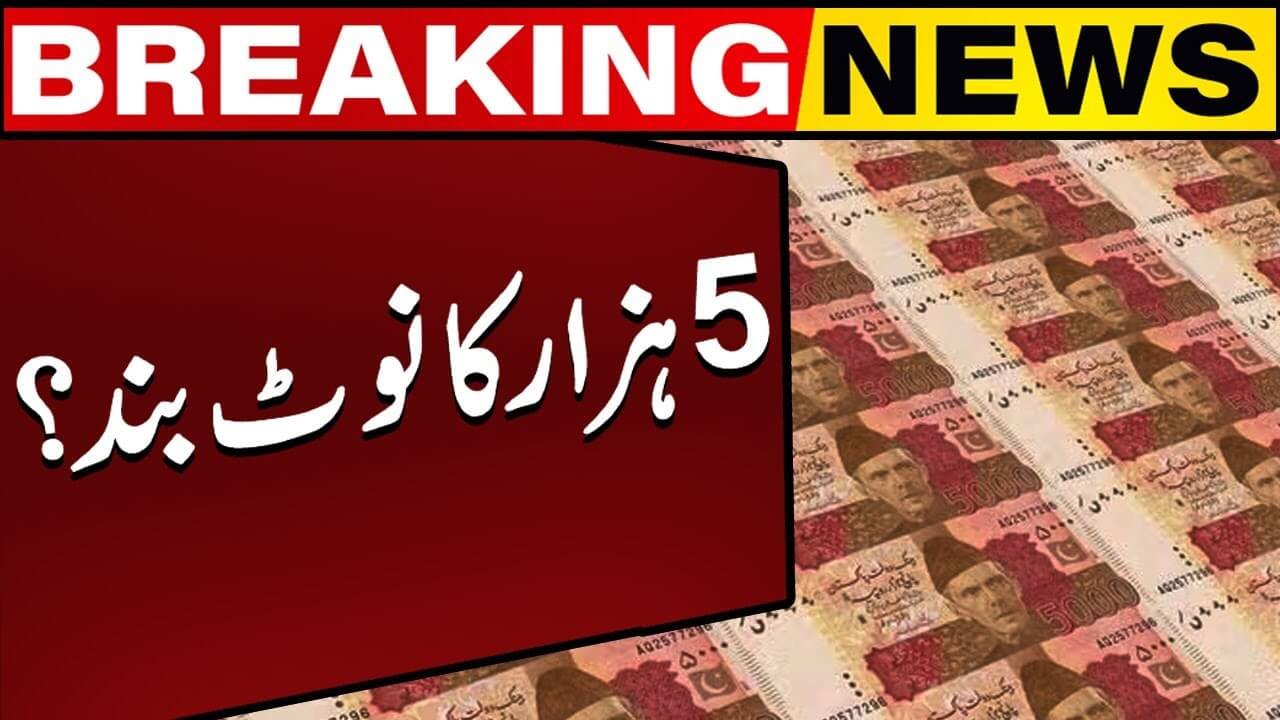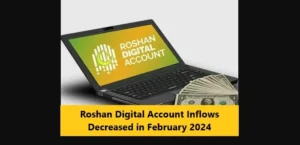Pakistan Considers Ban Rs 5000 Banknote to Combat Corruption and Inflation.
In a groundbreaking move, PTI Senator Mohsin Aziz proposes discontinuing the Rs 5,000 currency note as a strategic anti-corruption and inflation measure in Pakistan.
The resolution, presented in the Upper House of Parliament, argues that the highest denomination note fosters corruption, supports terrorism, and facilitates smuggling.
During the debate, Senator Aziz emphasized the Rs 5,000 note’s role as a catalyst for corruption and inflation, linking it to illicit activities related to terrorism and corruption.
Read More: HBL Finances Rs 1 Billion for Solar Tube Wells
He reveals that Rs 3.5 trillion worth of Rs 5,000 currency notes have been issued to date, with a substantial Rs 2 trillion currently out of circulation, stored in what he refers to as a “safe deposit.”
Senator Aziz contends that this Rs 2 trillion amount represents proceeds from money laundering, tax evasion, and smuggling, emphasizing that these notes have now been blocked.
To address the issue, he proposes a limited timeframe for individuals to surrender the highest denomination notes.
Supporting the call to ban the Rs 5,000 currency note, PTI Senator Waleed Iqbal advocates for promoting digital payments to reduce reliance on physical currency and enhance transparency.
Read More: What is Future of Solana Cryptocurrency?
Responding to the senators’ claims, caretaker Information Minister Murtaza Solangi clarifies that Rs 5,000 currency notes worth 905 million have been issued so far, with Rs 4.5 trillion currently in circulation.
The proposal to ban the Rs 5,000 banknote in Pakistan sparks a crucial debate on addressing corruption and inflation. Proponents see it as a pivotal step toward promoting transparency and curbing illegal financial activities.
Read More: ECC Approves Recovery of Rs. 0.46 Per Unit Surcharge from K-Electric Consumers
As discussions unfold, attention remains on the potential impact on the country’s economic landscape and the transition towards digital payments, positioning this move as a significant anti-corruption initiative in Pakistan.
Note: The information above might not be accepted 100%. Please verify from your own sources. We will not be responsible for any kind of loss due to our content.
For more news, please visit Munafa Marketing.




